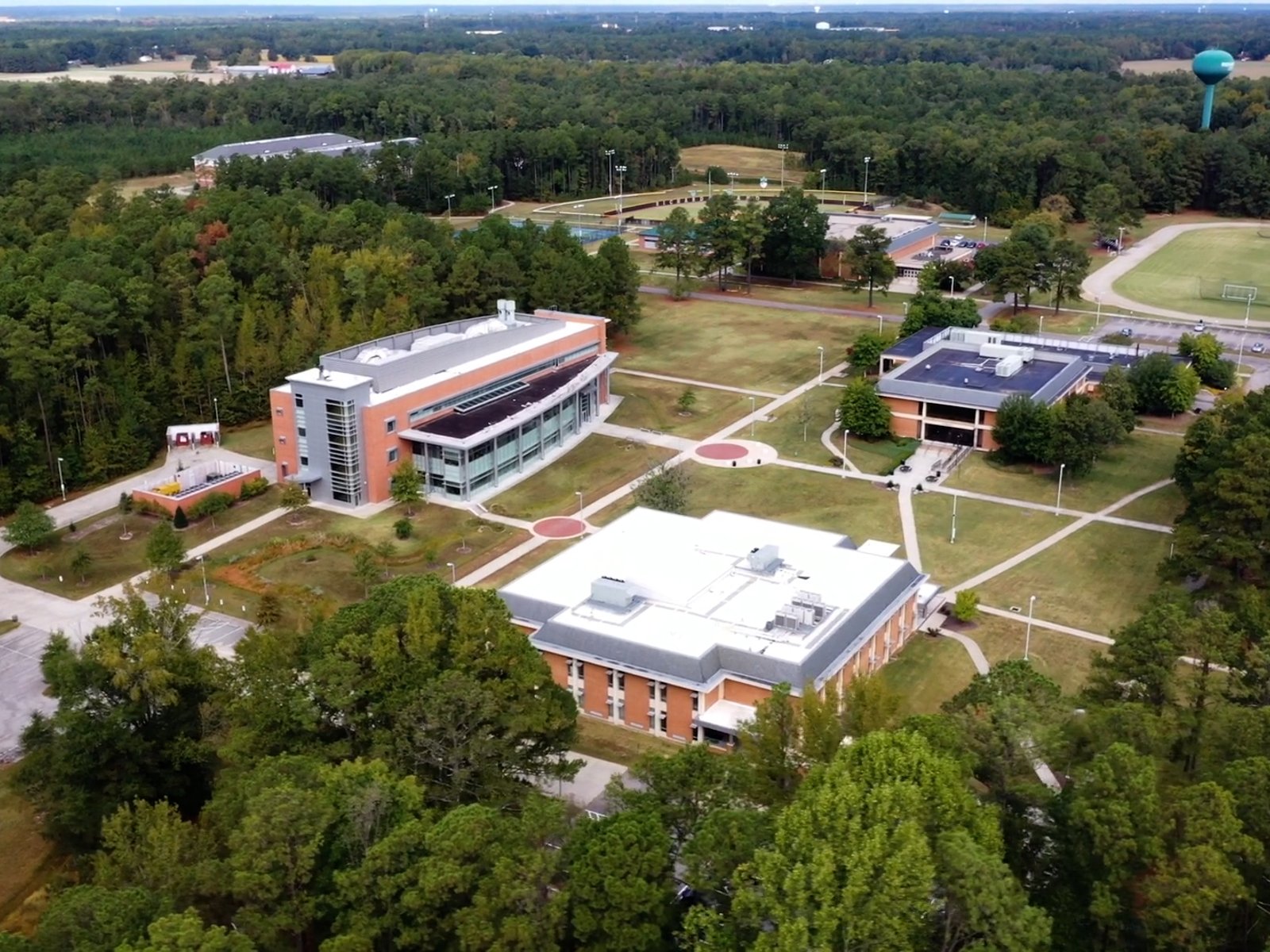This is a collaborative project across the following institutions: Angelo State University (TX), Richard Bland College of William & Mary (VA), Independence Community College (KS), and Longwood University (VA). The Raising Rural Economic Development & Innovation (RREDI) pilot seeks to explore how higher-ed based innovation hubs can effectively address socio-economic underdevelopment in rural areas by harnessing local resources and leveraging a multi-state cohort model. This project is important because rural communities in the United States have experienced significantly higher levels of poverty, unemployment, and food insecurity since 2008 compared to other areas in the United States and these communities must find innovative solutions for solving these challenges given the current social and economic climate.
The RREDI cohort aims to collaborate with one another to leverage and position their rural regions for socio-economic development through strategic academic and industry partnerships. The framework of Project RREDI's approach is: ‘Collaboration Inside’ + ‘Collaboration Outside’ = ‘Economic Development’. The higher education institutional partners will build collaborations within their rurally located institutions and with industry partners to foster economic development in their regions. The goal is to create innovation clusters (via the hubs) for the purpose of harnessing local, regional, and cohort resources that will generate socio-economic growth. This award reflects NSF's statutory mission and has been deemed worthy of support through evaluation using the Foundation's intellectual merit and broader impacts review criteria.
Angelo State University
Angelo State University is using its EPIIC grant to establish the ASU Innovation Hub, a center for research collaboration, workforce development, and industry partnership. The Hub will serve as a focal point for internal and external collaboration, connecting faculty, students, and industry leaders to foster regional economic development. By strengthening research capacity and creating new pathways for student internships, apprenticeships, and employment, ASU aims to drive innovation and socio-economic growth across West Texas.
Independence Community College
Independence Community College (ICC) is leveraging its EPIIC award to empower rural communities through education-driven economic development. The RREDI project at ICC focuses on building strong internal and external collaborations, expanding STEM education aligned with Kansas Educational Standards, and fostering industry partnerships that promote job creation and workforce training. By combining academic excellence with strategic community engagement, ICC is using innovation hubs as catalysts for sustainable rural prosperity.

Longwood University
As a partner in the RREDI initiative, Longwood University is building innovation hubs to address socio-economic challenges in rural Virginia. Longwood’s efforts are focused on strengthening partnerships with regional stakeholders and fostering collaboration between higher education and local industries. By creating pathways for workforce development and entrepreneurship, Longwood is helping position rural communities for long-term innovation and economic resilience.

Richard Bland College of William & Mary
Richard Bland College of William & Mary is using its EPIIC funding to strengthen its research and innovation infrastructure, with the goal of enhancing participation in regional economic development initiatives. Through the RREDI project, RBC is building external partnerships, expanding access to innovation ecosystems, and supporting inclusive STEM education. This effort aligns with the college’s broader mission to create engaging learning environments and contribute to the growth of Virginia’s rural innovation economy.









